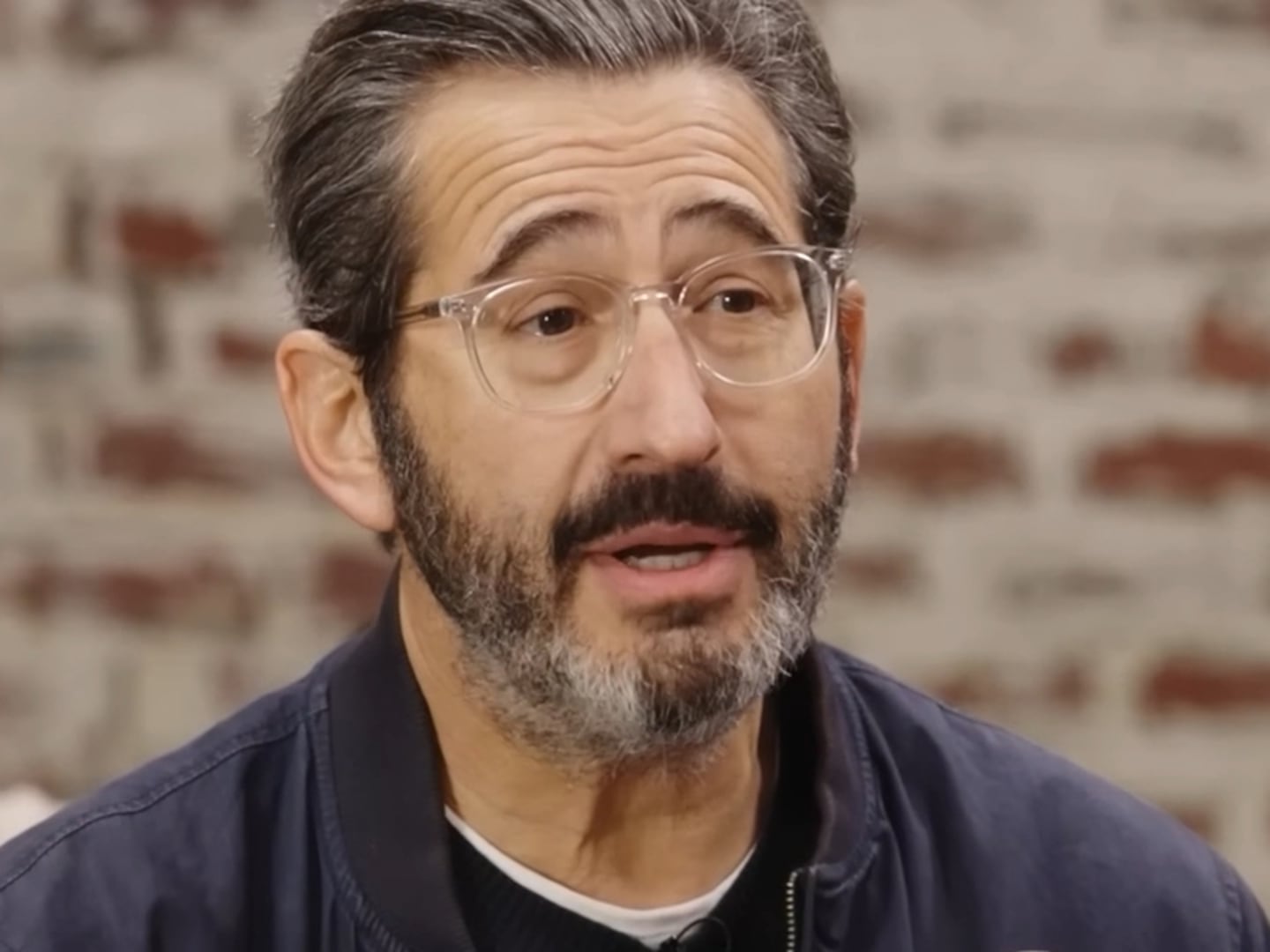Culture
Review: Treat Yourself To Sweeney Todd’s Brilliant Feast of Blood, Pie and Mash
Scream
The rave reviews in London it earned were deserved: Tooting Arts Club’s bravura production of ‘Sweeney Todd’ arrives in New York with hearty pies and exquisite performances.
Trending Now




